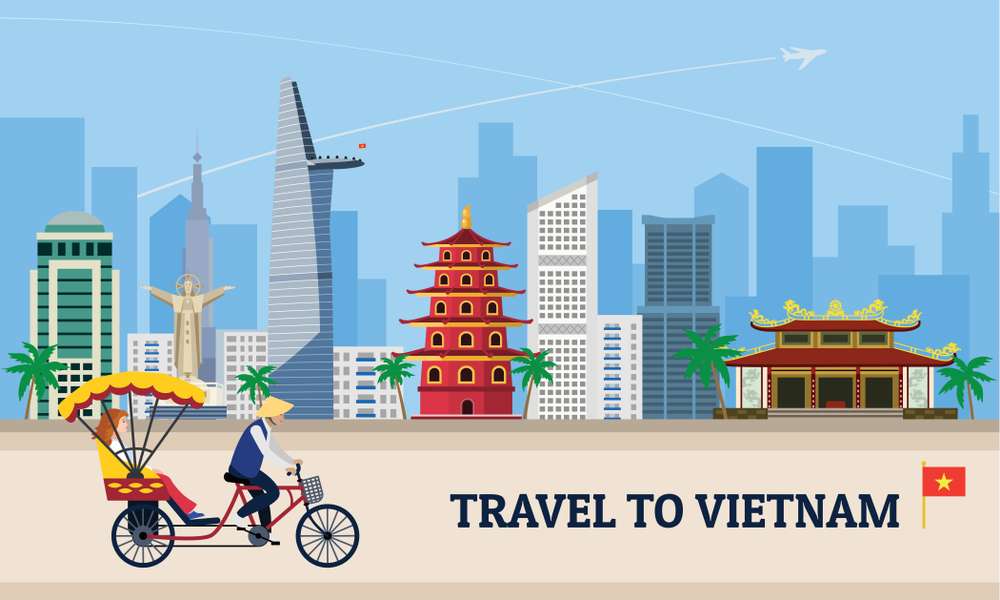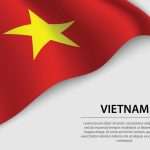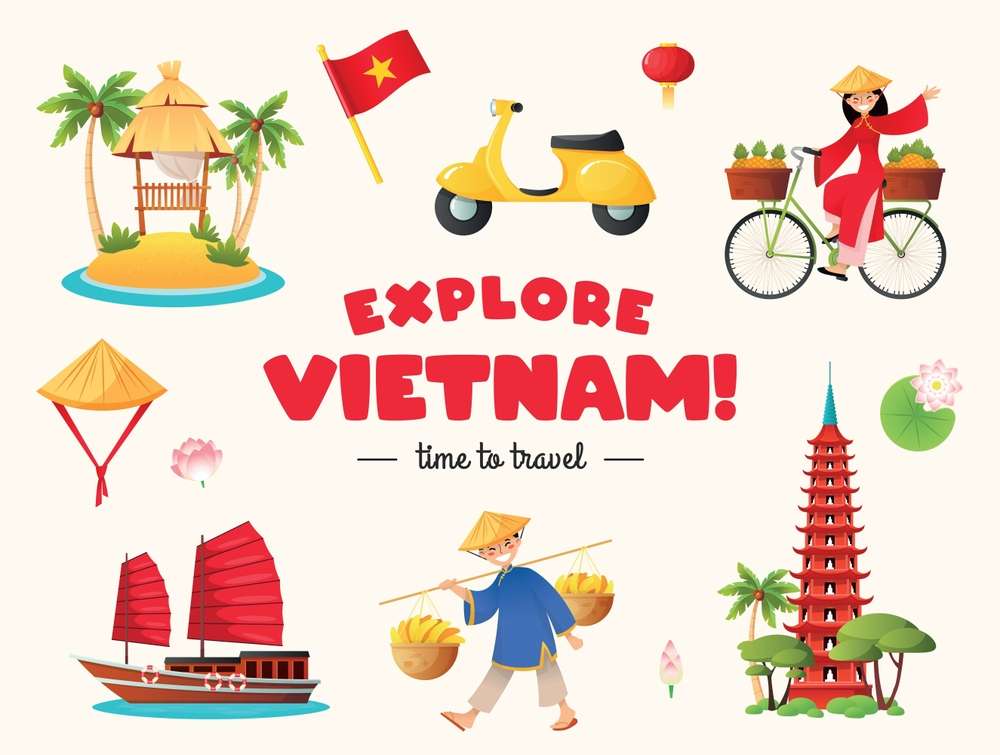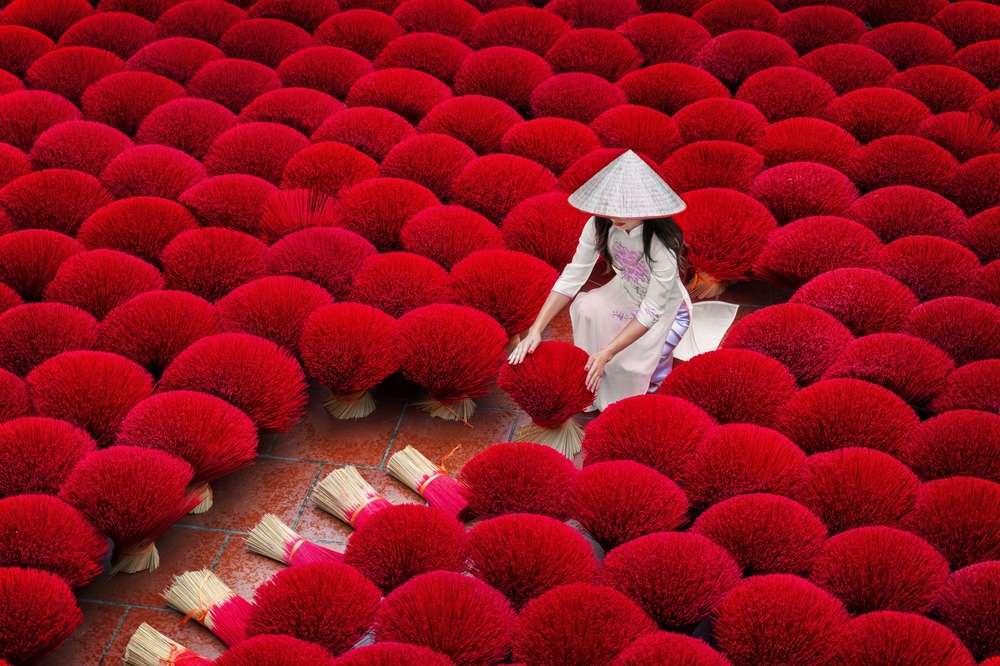Vietnam, a country located in Southeast Asia, boasts a rich tapestry of history and culture that has captivated travelers for generations. With a history dating back thousands of years, this diverse nation has been influenced by various civilizations, resulting in a unique blend of traditions, customs, and heritage that are a must-see for any visitor. From ancient temples to vibrant festivals and delicious cuisine, Vietnam’s cultural richness is an enriching experience waiting to be explored.
Historical Overview
Vietnam’s history is deeply rooted and intricately woven, dating back over 4,000 years. The country has been shaped by various ruling dynasties, invasions, colonial influences, and struggles for independence. One of the earliest known cultures in Vietnam was the Dong Son culture, characterized by bronze casting and the creation of intricate artifacts. Subsequently, Vietnam saw the rise of empires like the Ly, Tran, and Nguyen dynasties, each leaving a lasting impact on the country’s culture and architecture. The period of French colonization, lasting from the mid-19th century to the mid-20th century, significantly influenced Vietnam’s culture, cuisine, and architecture. The struggle for independence, notably the Vietnam War, played a pivotal role in shaping the national identity and resilience of the Vietnamese people.
Cultural Diversity and Influences
Vietnamese culture is a beautiful amalgamation of various influences, including Chinese, Khmer, Indian, and French. These influences are apparent in its architecture, language, cuisine, and traditional practices.
Architecture: Vietnamese architecture is a testament to its historical and cultural influences. The ancient temples and pagodas showcase the Chinese influence, while the French colonial architecture is prominent in cities like Hanoi and Ho Chi Minh City.
Language: The Vietnamese language, while primarily based on Mon-Khmer and Chinese roots, has absorbed words from French due to the colonial period.
Cuisine: Vietnamese cuisine is revered globally for its exquisite flavors and freshness. Dishes like pho, spring rolls, and banh mi have gained international acclaim. The culinary tradition is deeply rooted in balancing flavors and incorporating a variety of herbs and spices.
Traditional Practices: Customs and traditions in Vietnam reflect the country’s deep-rooted Confucian, Buddhist, and Taoist beliefs. Respect for elders, ancestral worship, and communal harmony are integral aspects of Vietnamese society.
UNESCO World Heritage Sites
Vietnam is home to several UNESCO World Heritage Sites, each representing a unique facet of its history and culture. These sites are a testament to Vietnam’s historical significance and cultural diversity.
Halong Bay: This iconic natural wonder is famed for its emerald waters and thousands of towering limestone islands topped with rainforests. It’s a true marvel of nature and a testament to Vietnam’s beauty.
Hue Imperial City: Once the capital of Vietnam, Hue is home to the Imperial City, a vast complex of palaces, temples, walls, gates, and shops that showcase the rich history of the Nguyen dynasty.
Hoi An Ancient Town: This well-preserved ancient town is a fusion of indigenous and foreign cultures. It’s a delightful blend of wooden Chinese shophouses, a Japanese-designed bridge, and a distinctly European architectural style.
Festivals and Celebrations
Vietnam is a land of festivals, each celebrated with great fervor and excitement. These festivals provide a glimpse into Vietnamese traditions and allow visitors to immerse themselves in the vibrant culture of the country.
Tet Nguyen Dan (Lunar New Year): Tet is the most important and widely celebrated festival in Vietnam, marking the beginning of the lunar new year. Families come together, exchange gifts, and pay homage to ancestors.
Mid-Autumn Festival (Tet Trung Thu): Celebrated by families and children, this festival is a time for mooncakes, lanterns, and vibrant processions.
Hue Festival: Held in the imperial city of Hue, this festival is a celebration of Vietnamese culture, arts, and music. It offers a glimpse into the grandeur of the past and the vibrancy of the present.
Culinary Delights
Vietnamese cuisine is a sensory delight, showcasing a harmonious blend of flavors and textures. Visitors to Vietnam must indulge in the diverse range of dishes that make the country’s food scene a world-renowned culinary experience.
Pho: A quintessential Vietnamese dish, pho is a flavorful noodle soup made with beef or chicken, fresh herbs, and rice noodles. It’s a staple and a symbol of Vietnamese cuisine.
Banh Mi: A legacy of French colonialism, banh mi is a crusty baguette filled with a variety of ingredients such as meats, pâté, vegetables, and condiments.
Goi Cuon (Spring Rolls): These fresh, translucent spring rolls are filled with shrimp, herbs, pork, rice vermicelli, and other ingredients, making them a light and healthy choice.
Conclusion
Vietnam’s rich history and culture offer a profound and enriching experience for visitors. From the ancient temples and UNESCO World Heritage Sites to vibrant festivals and delectable cuisine, there’s an abundance of treasures waiting to be explored. Immerse yourself in the diverse tapestry of Vietnam’s traditions and discover the beauty that lies within this captivating Southeast Asian nation. Whether you’re drawn to its history, its flavors, or its warm and welcoming people, Vietnam is undoubtedly a must-see destination for every traveler.
More articles: expertlivejournal





